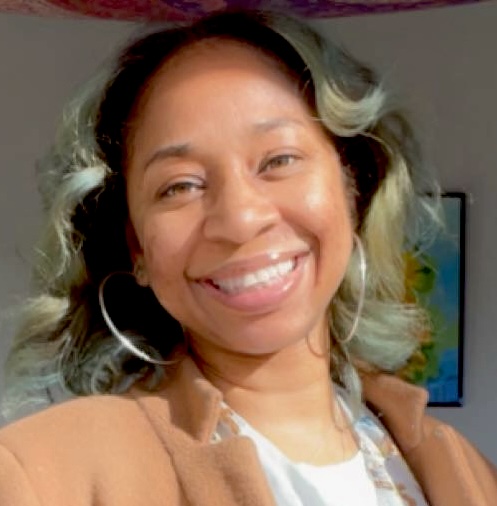
We’re excited to announce the release of a new case study: The 9:30 Call: From Crisis to Enduring Community and Action.
Join us for a special webinar conversation about the case study on April 4th, from 1 p.m. to 2 p.m.
Written by Minna Jung, with support from the W. Clement & Jessie V. Stone Foundation, the case study shares the story and the strategies that the early childhood field used when it came together daily on Zoom in the earliest, most challenging days of the pandemic. The gathering, which became known as The 9:30 Call, was a place to share fears, challenges, and solutions.
Strategies for Children (SFC) took on the role of hosting the call, and in the process we found ourselves learning even more about the field and the needs of children and families.

Thanks to everyone’s participation, The 9:30 Call evolved in powerful ways, beginning, as the case study explains, as “a crisis response for advocates and leaders in the sector during the first few weeks of the COVID-19 lockdowns.” And then evolving into “a cohesive community in which many individuals and organizations working in early education and care can find support and connection, hear from speakers about relevant policies and programs, and align around shared priorities for early childhood education.”
It became clear that The 9:30 Call was filling a gap. As Northeastern University Professor Kim Lucas says in the caste study, “Unlike other parts of the education system, there was no container, no central structure through which people could connect and support each other and do problem-solving together. The 9:30 Call is that container.”

It’s a container that has grown in size and scope, welcoming policymakers, health care providers, higher education professionals, and Massachusetts Governor Maura Healey. To be more inclusive, Strategies has added The 9:30 Call at Night and The 9:30 Call at Night in Spanish.
“This is a rare space. It is an equitable space,” Lucas says in the case study. “It is a place where foundation presidents, commissioners, senators, representatives can speak directly with parents or family child care providers, with the voices of children in the background. Amy O’Leary and SFC created a space where all of this could be true.”
The case study also includes voices from the field who helped steer Massachusetts through a rapidly changing policy landscape.
There’s Donna Dennette, the Executive Director of Children First Enterprises, Inc., a multi-service child care center in Granby, Mass., who “remembers her initial feelings of uncertainty about whether providers like herself belonged on the call.” Then she went on to provide key leadership on moving the state beyond outdated Covid regulations.
There’s Tom Weber, a foundation fellow at Eastern Bank Foundation and the executive director of the Massachusetts Business Coalition for Early Childhood Education as well as a former commissioner of the Department of Early Education and Care.
“The 9:30 Call helped funders make early and informed decisions about where resources were needed the most urgently,” Weber says in the case study. “For example, we learned that resources were needed right away, to help child care providers pay their bills, and stay afloat, because they were experiencing a complete loss of revenue from families. And we also learned that once child care providers were either allowed to stay open or re-open, the need for supplies like protective gear or training in COVID protocols was overwhelming.”
And Amy O’Leary, Strategies’ executive director, who has hosted the call for four years, says in the case study, “I would love to think that maybe the collaboration and community that comes from something like The 9:30 Call is planting the seed to change that conversation and help us figure out what we need to do to make our vision a reality.”

What’s next for The 9:30 Call?
“Even now, as we wrap up our fourth year with The 9:30 Call, we never allow ourselves to view the call as a finished product,” Marisa Fear, Strategies’ director of policy, says. “Every week, we learn from the callers and others in the field about how to make it better.”
As a companion piece to the case study, Strategies for Children will release a 9:30 Call Blueprint, an action guide for advocates seeking to replicate successful elements of the call.
So please check out The 9:30 Call Case Study. Join us to hear reflections from 9:30 Callers at the April 4 webinar, and, of course, join us daily on The 9:30 Call.




Leave a Reply